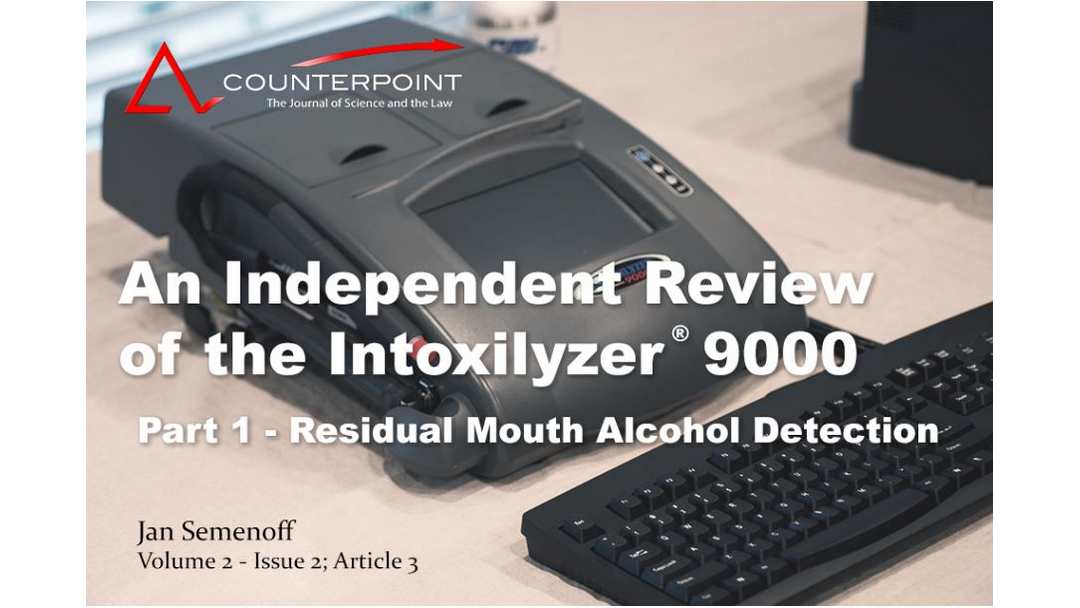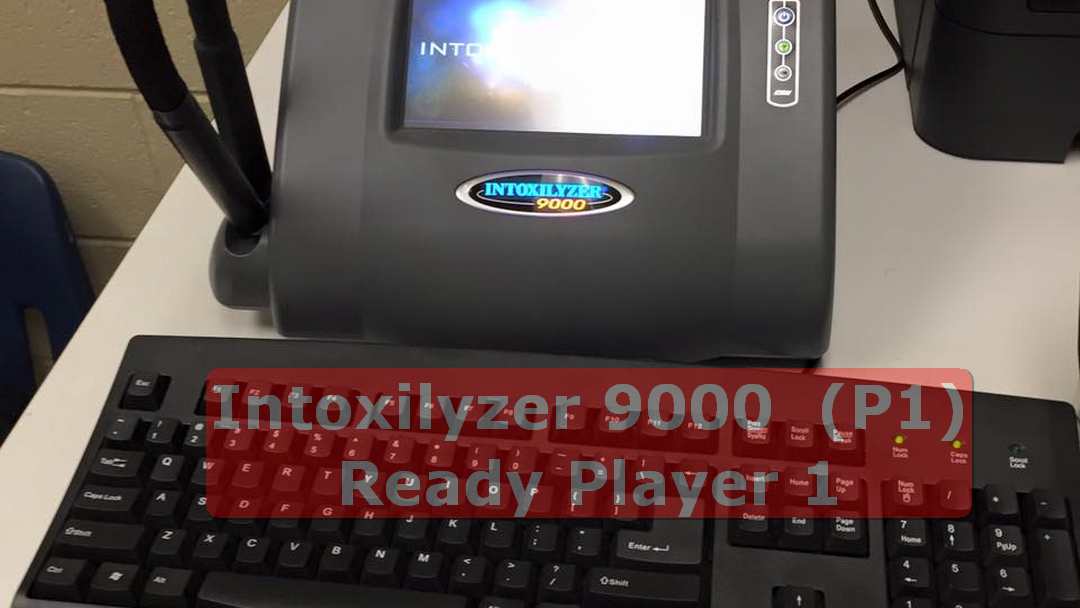For the first time, scientists have uncovered the precise neurological impacts of cannabis use that give rise to the phenomenon famously referred to as the “munchies,” as revealed by an innovative study backed by federal funds.
Researchers at Washington State University (WSU) have recently published their findings in the journal Scientific Reports, shedding valuable light on the neural mechanism through which cannabis activates a specific cluster of neurons in the hypothalamus region of the brain, resulting in an increased stimulation of appetite.
The hunger-inducing effects of marijuana are well-known among consumers. However, recent findings from animal research provide valuable insights that could potentially lead to targeted therapeutics for addressing conditions such as anorexia.
RESTORE YOUR SECOND AMENDMENT RIGHTS
RESTORE YOUR PROFESSIONAL LICENSE
RESTORE YOUR DRIVER LICENSE
RESTORE YOUR PAST (Expungements)
Call our Office for a free case evaluation
Komorn Law (248) 357-2550
Professional License Restoration / Rights Restoration / Record Expungments / Driver License Restoration
After exposing mice to vaporized cannabis, the researchers utilized calcium imaging technology, akin to a brain MRI, to monitor the changes in neuron activity. Through their investigation, they discovered that marijuana vapor attached to cannabinoid-1 receptors in the brain and activated Agouti Related Protein neurons in the hypothalamus, commonly known as “feeding” neurons.
Calcium imaging has been used to study the brain’s reactions to food by other researchers, but this is the first known study to use it to understand those features following cannabis exposure.
As part of this research, it was discovered that the cannabinoid-1 receptor, which is a target of cannabis, regulates the activity of Agouti Related Protein neurons. These particular neurons are well-known for their involvement in controlling feeding behavior and are located in the hypothalamus. This finding sheds light on the intricate connection between the cannabinoid system and the regulation of these essential cells in the brain.
With the help of this information, scientists employed a “chemogenetic” technique, acting as a molecular light switch, to specifically target these neurons in animals exposed to cannabis. By deactivating these neurons, the appetite-stimulating effects of cannabis were no longer present.

Komorn Law – Federal Courts and All Michigan Courts
“We now know one of the ways that the brain responds to recreational-type cannabis to promote appetite,” said Davis.
This work builds on previous research on cannabis and appetite from Davis’ lab, which was among the first to use whole vaporized cannabis plant matter in animal studies instead of injected THC—in an effort to better mimic how cannabis is used by humans.
In the previous study, researchers discovered genetic alterations in the hypothalamus as a response to cannabis. Therefore, in this investigation, Davis and his colleagues specifically concentrated on this particular region.
Now tell us why it makes food taste so much better!
Read more here – Cannabis activates specific hunger neurons in brain
More Posts

Illegal Firearms in Michigan
Illegal Gun Ownership in Michigan: Insights and StatisticsThe issue of illegal gun ownership in Michigan is a complex one, influenced by various factors ranging from criminal activity to loopholes in regulatory measures. Understanding who owns illegal guns is crucial...

Restoring Second Amendment Rights in Michigan
Restoring Your Gun RightsAs of 4/17/24...There is still a second amendment The Second Amendment of the United States Constitution grants citizens the right to bear arms, a fundamental aspect of American freedoms. However, in some cases, just like every other right...

Oregon governor signs a bill recriminalizing drug possession
Oregon governor signs a bill recriminalizing drug possession into lawOn April 1, 2024, Oregon Governor Tina Kotek signed House Bill 4002 into law, effectively recriminalizing the possession of small amounts of certain controlled substances. This legislation marks a...

John Sinclair, the inspiration for Ann Arbor’s Hash Bash, dead at 82
John Sinclair, the poet whose imprisonment for marijuana inspired the start of Ann Arbor’s long-running annual Hash Bash in the 1970s, has died. He was 82.Sinclair's passing occurred on Tuesday, April 2, 2024, at a Detroit hospital, merely four days prior to his...

Disciplining Student’s Speech Violates First Amendment
You go girl!!!A public high school was found to have violated the First Amendment when it suspended a student from her cheerleading team for using profane speech off campus. Mahanoy Area Sch Dist v BL, No 20-255, ___ US ___ (June 23, 2021). The U.S. Supreme Court has...

Marijuana reform advocates demand apology from Kamala Harris
So SorryMarijuana reform advocates demand an apology from Kamala Harris for locking up pot smokers and slam her 'political hypocrisy' for now saying no one should 'go to jail for smoking weed!'Marijuana reform advocates are urging Vice President Kamala Harris to issue...

Federal Agency Smack Down on a Michigan Credit Union’s Cannabis Banking
Apple to ApplesAn independent federal agency has recently cited a Michigan credit union for non-compliance with regulations regarding banking services for the marijuana industry. Consequently, the financial institution has been directed to halt the opening of new...

Cannabis cash transactions aren’t suspicious says IRS
Following The MoneyLarge cash transactions by marijuana businesses should not be automatically flagged as suspicious, as per the latest IRS guidance. The tax agency's guidance aims to provide clarity on the federal Bank Secrecy Act, which mandates businesses,...

An Independent Review of the Intoxilyzer 9000
An Independent Review of the Intoxilyzer 9000 Part 1 - Residual mouth alcohol detection Counterpoint Volume 2; Issue 2 - Article 3 (August 2017) An article in the Core Skills III-2 Module Jan Semenoff, BA, EMAForensic CriminalistThe opportunity to conduct an...

The Intoxilyzer 9000 (part 1)
The Intoxilyzer 9000 (part 1 of 2)Roll-Out The Michigan State Police (MSP) initiated Intoxilyzer 9000 (Intoxilyzer) training for police officers statewide, commencing in 2023. In order to participate, officers were required to complete both preliminary breath test...








